
Zanpick L 75mg/40mg Capsule SR
Manufacturer
Ambience Pharma
Salt Composition
Levosulpiride (75mg) + Pantoprazole (40mg)
Key Information
Short Description
Zanpick L 75mg/40mg Capsule SR is a medicine used to treat gastroesophageal reflux disease (acid reflux) by relieving the symptoms of acidity such as heartburn, stomach pain, or irritation.
Dosage Form
Capsule SR
Introduction
Zanpick L 75mg/40mg Capsule SR is a medicine used to treat gastroesophageal reflux disease (acid reflux) by relieving the symptoms of acidity such as heartburn, stomach pain, or irritation. It also neutralizes the acid and promotes easy passage of gas to reduce stomach discomfort.
Directions for Use
Take this medicine in the dose and duration as advised by your doctor. Swallow it as a whole. Do not chew, crush or break it. Zanpick L 75mg/40mg Capsule SR is to be taken empty stomach.
How it works
Zanpick L 75mg/40mg Capsule SR is a combination of two medicines: Levosulpiride and Pantoprazole.
Quick Tips
Take it one hour before the meal, preferably in the morning. Inform your doctor if you get watery diarrhea or stomach pain that does not go away. Do not consume alcohol while taking Zanpick L 75mg/40mg Capsule SR as it can increase the risk of stomach damage. Long-term use may cause weak or broken bones. Take adequate intake of dietary calcium and vitamin D or their supplements. Zanpick L 75mg/40mg Capsule SR is prescribed to give relief from acidity and its associated symptoms.
Related Medicines
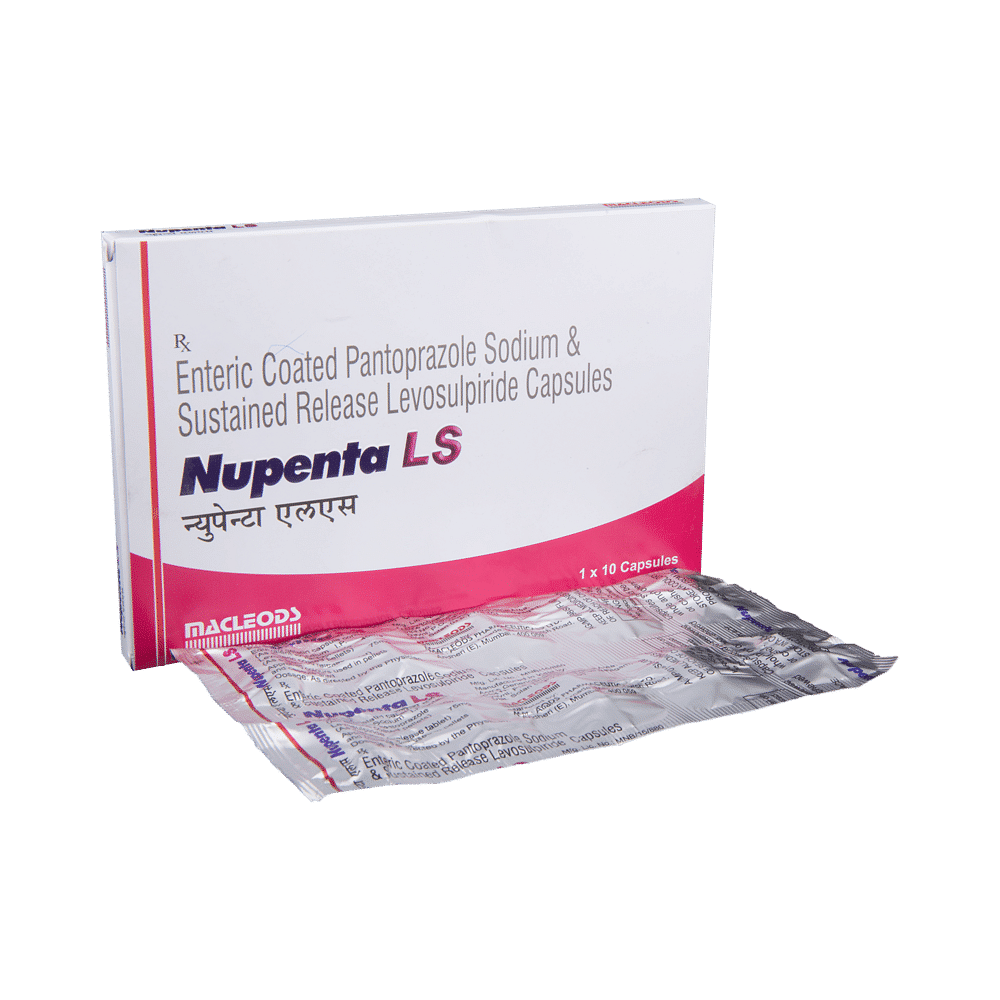
Nupenta LS Capsule SR
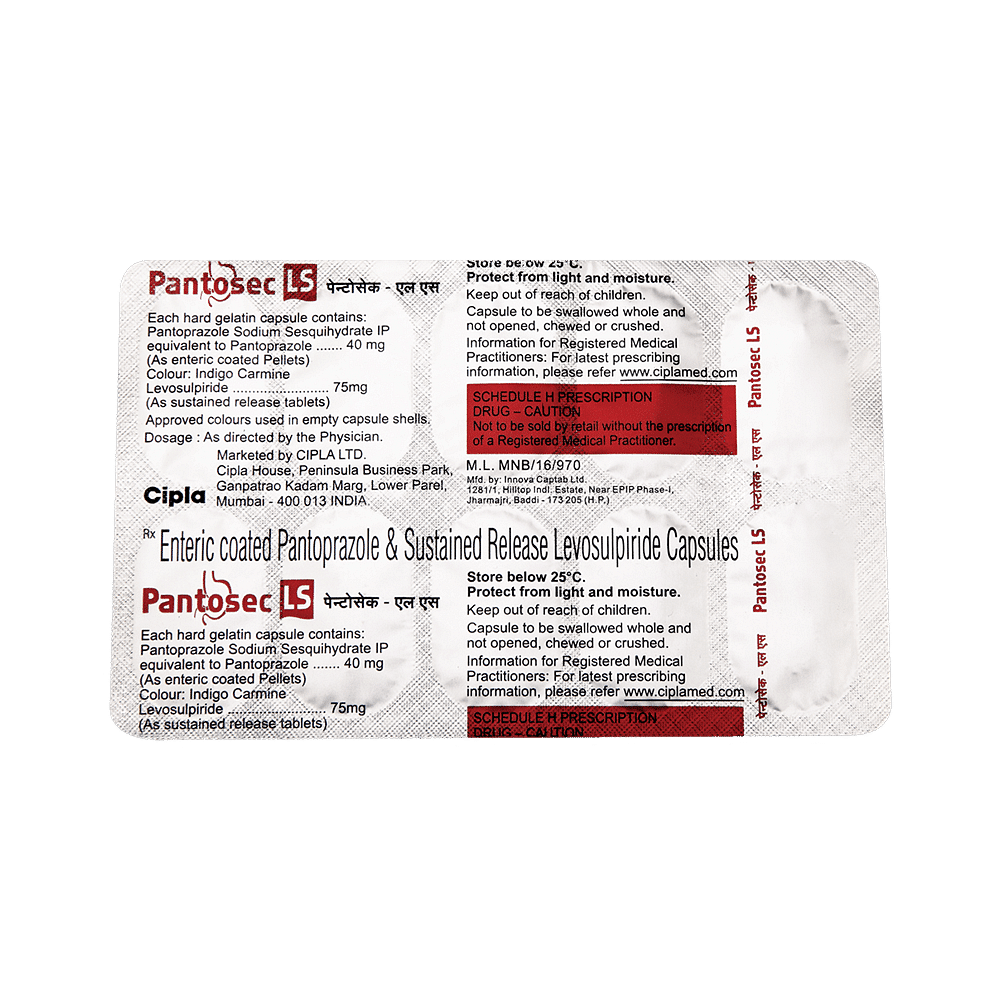
Pantosec LS Capsule
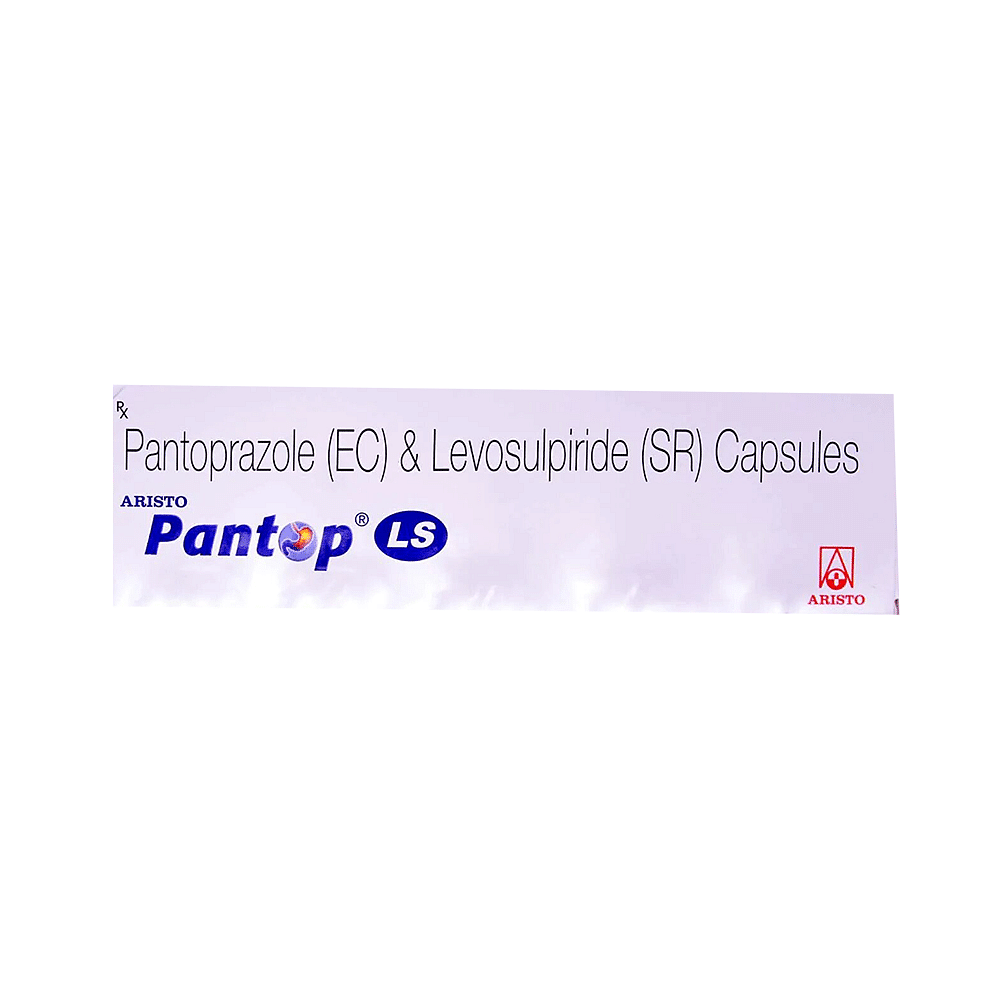
Pantop LS Capsule SR
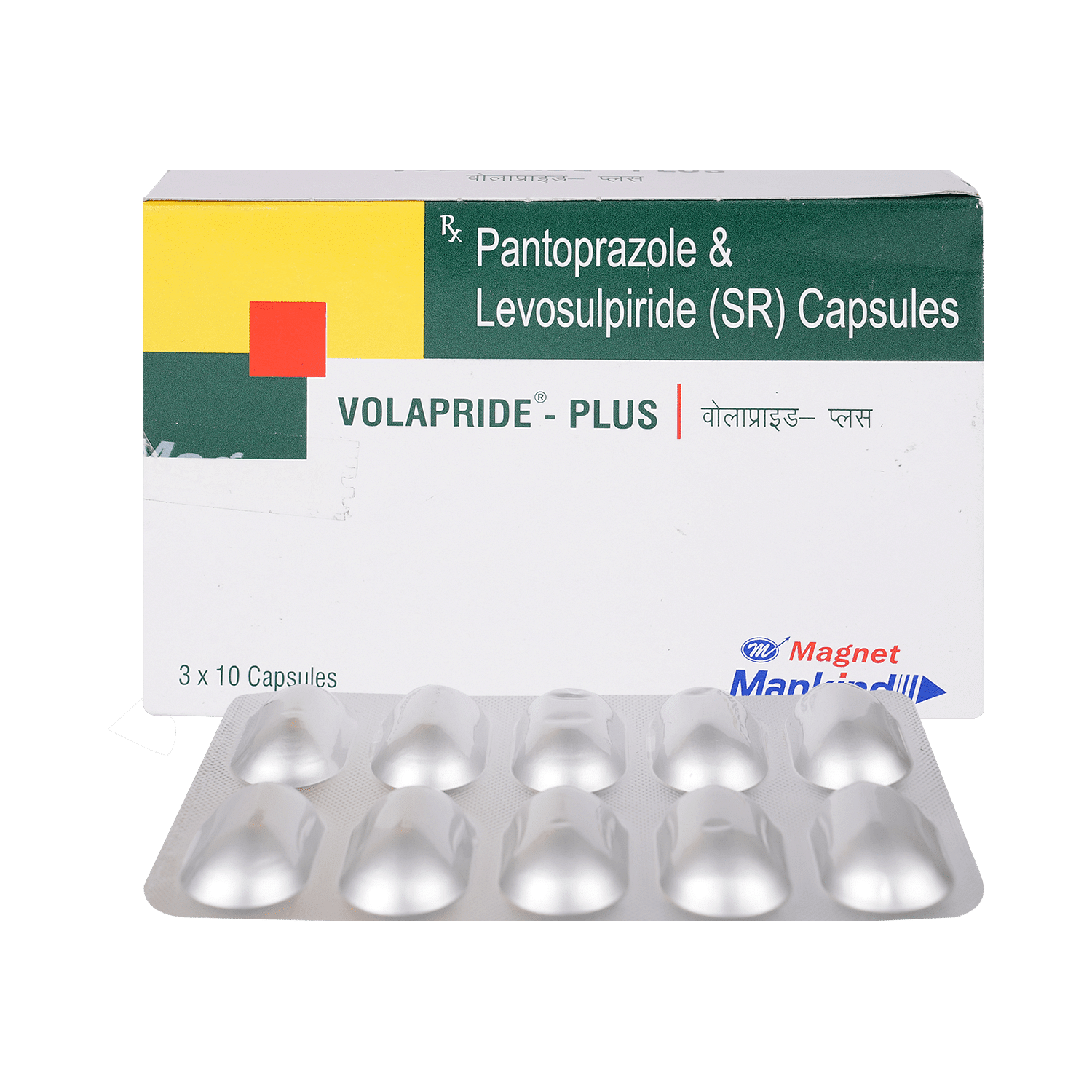
Volapride-Plus Capsule SR
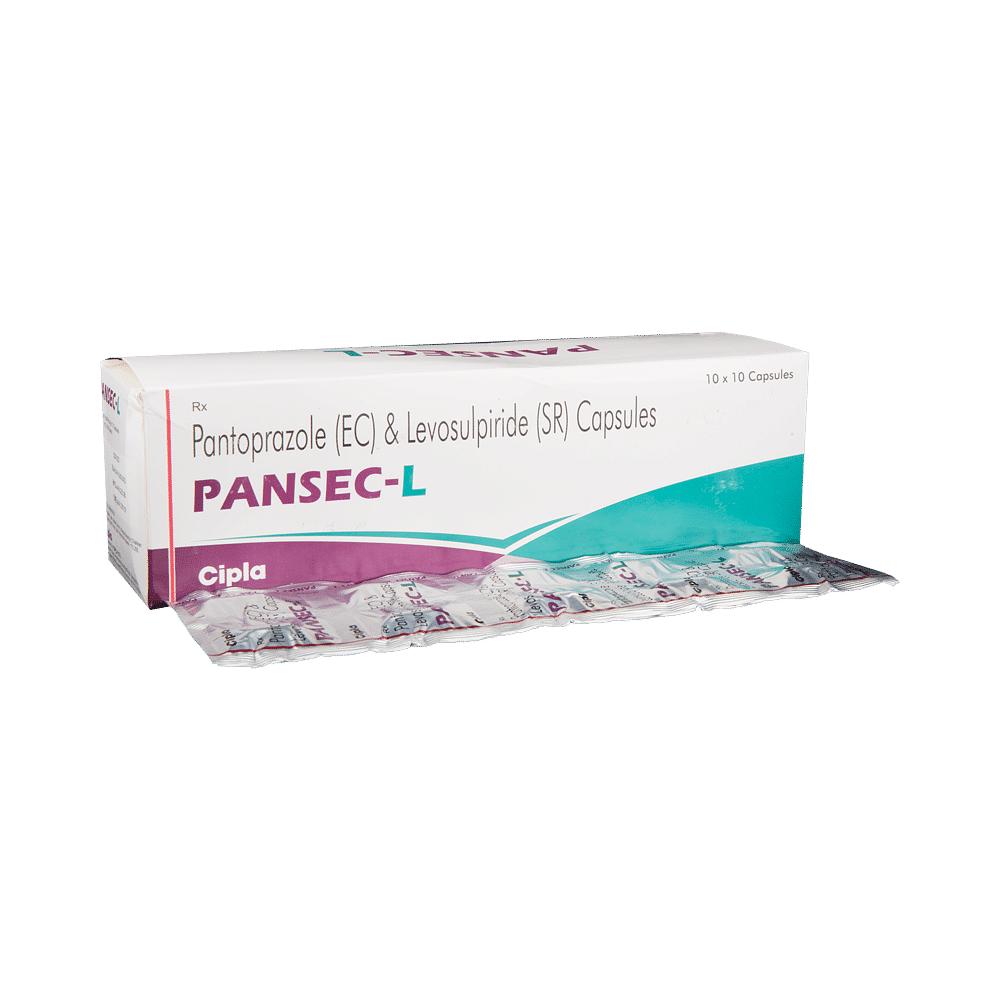
Pansec-L Capsule

Pentate LS 75mg/40mg Capsule SR

Pantonol-LSR Capsule

Penvax L 75mg/40mg Capsule SR

Pantovia L 75mg/40mg Capsule SR

Penta L 75mg/40mg Capsule SR
Frequently asked questions
What is the best time to take Zanpick L 75mg/40mg Capsule SR?
Take Zanpick L 75mg/40mg Capsule SR exactly as directed by your doctor. It is generally recommended to take one capsule on an empty stomach daily.
What are the contraindications associated with the use of Zanpick L 75mg/40mg Capsule SR?
The use of Zanpick L 75mg/40mg Capsule SR should be avoided in patients with known allergy to any of the components or excipients of this medicine, including lactose.
Can the use of Zanpick L 75mg/40mg Capsule SR cause dizziness?
Yes, some people taking Zanpick L 75mg/40mg Capsule SR may experience dizziness (feeling faint, weak, unsteady or lightheaded). If you experience dizziness, it is recommended to rest for a while and resume your routine only when you feel better.
Does the use of Zanpick L 75mg/40mg Capsule SR lead to increased risk of fractures?
There are studies that suggest Zanpick L 75mg/40mg Capsule SR may increase the risk of osteoporosis-related fractures, particularly of the hip, wrist, and spine. This risk is generally higher in patients receiving high doses of the medication, especially those with long-term therapy (e.g., one year or longer).


